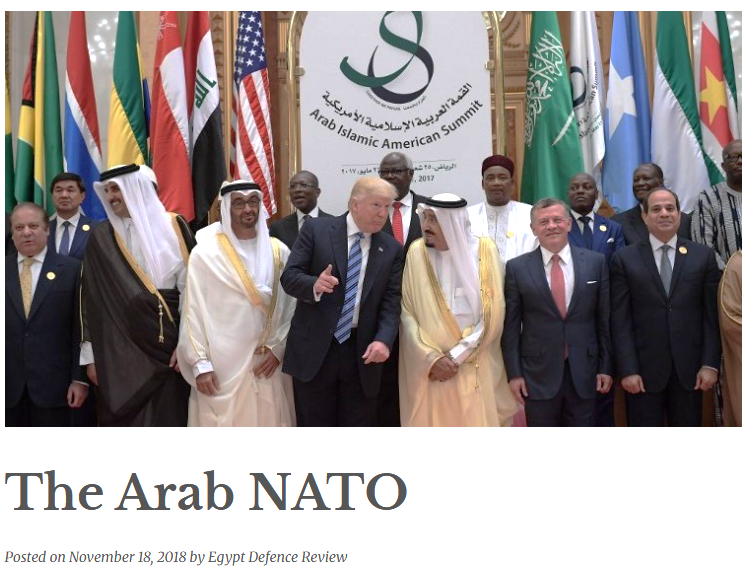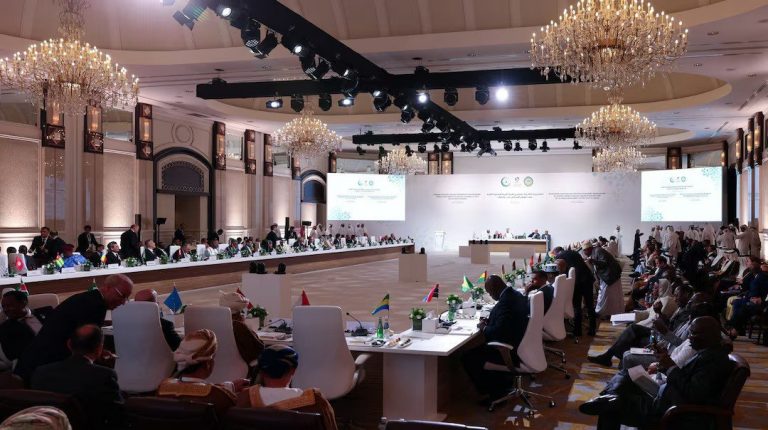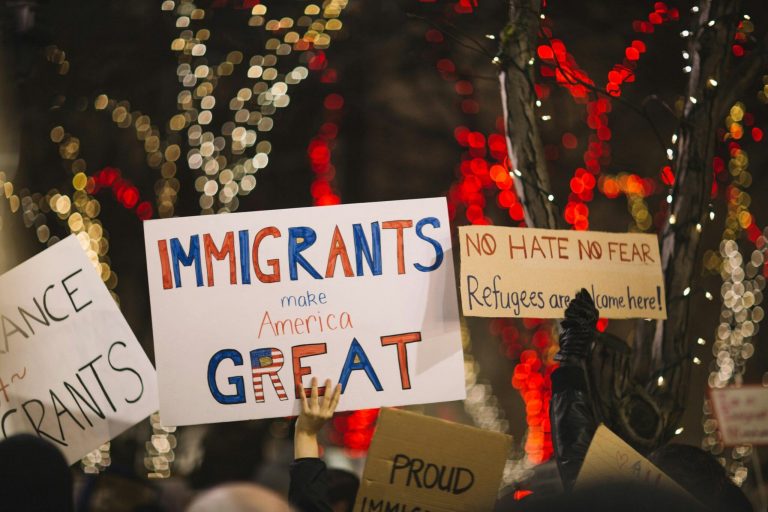Israel’s Qatar Attack Rattles The Gulf
The Israeli attack on Qatar on Sept. 9 has undermined the very foundations of the security arrangement between the United States and the Gulf monarchies.
Since the 1980’s Iran-Iraq war, Washington conditioned its military commitment to the region on Gulf rulers granting the U.S. greater access to their territories — even if that meant compromising sovereignty.
In return, the Gulf countries expected U.S. protection against external threats. Rulers poured billions into constructing American military bases, often at their own expense, and tolerated the political risks of inviting foreign troops into their lands.
Initially, Gulf regimes were reluctant to display such ties openly, fearing popular opposition, especially during the heyday of Arab nationalism.















